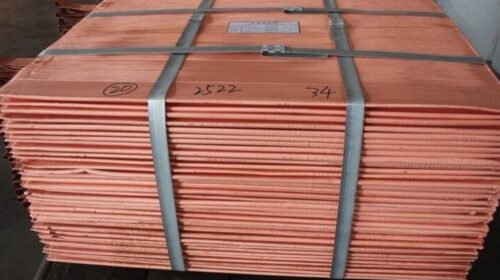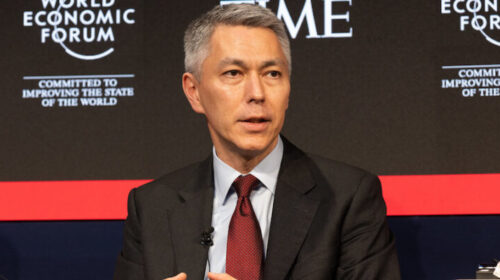US Turns to Africa to Diversify Battery Metal Supply Chains
The United States is seeking to Africa to reduce reliance on Chinese-controlled battery metals and diminish Russia’s influence on mineral markets, US Deputy Treasury Secretary Wally Adeyemo stated on Thursday.
In light of the pandemic and geopolitical tensions, Western nations are striving to decrease dependency on Chinese supply chains and disentangle their economies from Russia.
As the US advances its energy transition agenda, it aims to catch up with China’s decade-long efforts to secure access to minerals crucial for electric vehicle batteries and solar panels.
“We don’t want to overly rely on any single country or company for global supply chains,” Adeyemo remarked during his visit to a platinum mine in Marikana, South Africa, owned by Sibanye-Stillwater.
While the US is implementing measures to boost domestic production of strategic minerals, Adeyemo stressed the importance of overseas resources, highlighting Africa’s significant role in mineral supply.
Chinese investments in African projects, including copper, cobalt, and lithium ventures, underscore the region’s importance. Adeyemo noted that the United States, along with its G7 allies, is working to address Africa’s infrastructure needs.
Furthermore, the US International Development Finance Corporation aims to mitigate investment risks in Africa, while Washington incentivizes domestic manufacturing to stimulate demand for critical minerals.
Adeyemo emphasized the US’s readiness to ensure fair competition and prevent market manipulation, particularly from China.
In addressing Russia’s influence, Adeyemo underscored South Africa’s potential to supply the global economy, especially in palladium production, essential for catalytic converters.
With South Africa’s significant palladium output, Adeyemo suggested leveraging this resource to hold Russia accountable for its actions.
Sibanye-Stillwater CEO Neal Froneman emphasized the need for US government support to bolster companies sourcing critical metals, proposing various mechanisms such as loans or tariffs to secure supply chains and reduce dependency on foreign sources.
SOURCE:mining.com
![]()





